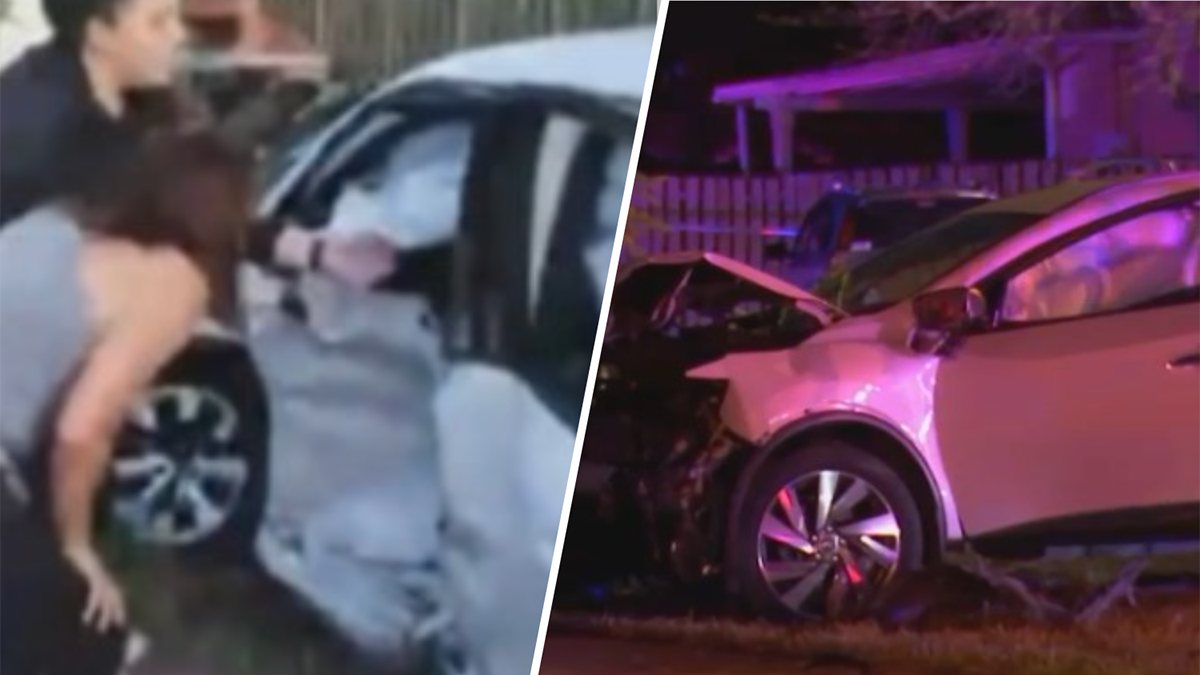Call it the pandemic paradox.
You might think fewer cars on the road would translate to less risky rides.
But the National Safety Council finds the rate of fatalities per miles driven actually increased in March over last year's rate, even as tourism plummeted, businesses shut down and tens of millions fell unemployed.
The number of dead dropped 8%, but -- when the fewer miles driven is factored in -- the rate per 100 million miles increased 14%.
"While we’re seeing a decline in the number, we’re seeing an incredible increase in the rate," said Maureen Vogel, of the National Safety Council, a nonprofit that has studied preventable deaths for more than a century.
While the research is preliminary, a strong indication is "we’re seeing a lot more speeding now that the roads are emptier. So emptier roads have actually created an open season for reckless driving," Vogel said.
In Miami-Dade and Monroe counties, the number of traffic fatalities is on a path of drop by more than 20% from March 1 though May, compared to the same period last year.
Local
Twenty-one died during that period last year, compared to 16 so far this year, including two overnight: one a driver on the Turnpike who slammed into a Road Ranger tow truck; the other, a woman who got into a crash in Brownsville. The cause of those crashes remains under investigation.
But it's clear South Florida roads are nowhere near as busy as they were last year.
Vogel notes it's not just drivers at risk.
"We’re also talking about pedestrians and bicyclists, people who are using the road more than they might in usual circumstances, where they're trying to get out of the house," she said.
One thing that hasn't changed with the pandemic: physics.
The faster a car goes, the more damage it will cause if the objects in motion -- the car and driver -- hit something else.



